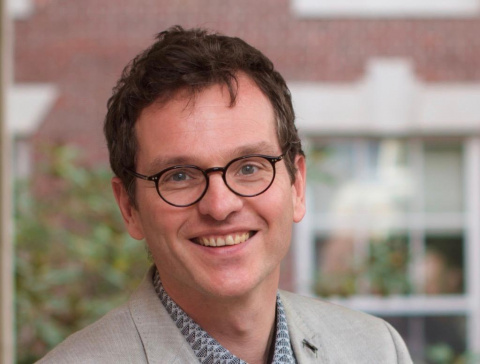Summary: This presentation will focus on how environmental adversities shape brain development, e.g., the specific effects of insensitive parenting on gray matter development, and subgroup effects in minority groups that experience discrimination. Epidemiological studies have shown that severe early adversities can underlie the vulnerability for neurodevelopmental disorders. Increasingly, structural imaging studies are designed to evaluate the role of environmental factors in brain development. Two large prospective longitudinal studies, Generation R (of a pre-birth cohort of nearly 5,000 children with structural imaging data that began in 2002 in Rotterdam, the Netherlands) and the multi-site Adolescent Brain Cognitive Development (ABCD) study (of more than 10,000 preadolescents) are uniquely suited to study common environmental adversities such as bullying, poverty, family conflict and harsh parenting. I will provide an overview of results from my lab. Data from a subsample study with triadic parental imaging (n=500), will be presented to highlight both intergenerational transmission and challenges of assortative mating and genetic confounding of family conflict. The problem of environmental confounding will be illustrated using ADHD symptoms as an example. The neuroscience of environmental effects requires large sample sizes, and prospective collection of environmental exposures. The implications of Population Neuroscience for research and training will be discussed.
Target Audience: Physicians (psychiatrists, pediatricians, child neurologists), psychologists, social workers, other mental health clinicians and researchers, and students and trainees.
Upon completion of this activity, participants will be able to understand why:
- Common social and environmental factors shape brain development from fetal life onward.
- Reverse causality is a challenge in neuroscientific studies of environment, brain and behavior.
- We need novel study design in brain imaging studies such as dyadic/triadic family imaging studies.
March 2, 2022 from 10AM to 11:15AM EST
This presentation will take place virtually on Zoom. You must pre-register to attend.
Continuing Education (CE/CEU) Information
Physicians: The Harvard Medical School is accredited by the Accreditation Council for Continuing Medical Education to provide continuing medical education for physicians. The Harvard Medical School designates this live activity for a maximum of 1.25 AMA PRA Category 1 Credits™. Physicians should claim only the credit commensurate with the extent of their participation in the activity.
Psychologists: This program is co-sponsored by the Massachusetts Psychological Association, Wellesley, MA for a maximum of 1 Credit. The Massachusetts Psychological Association is approved by the American Psychological Association to offer continuing education for psychologists. The Massachusetts Psychological Association maintains responsibility for the program and its content.
Social Workers: The National Association of Social Workers has approved this series for continuing education credits for social workers.

